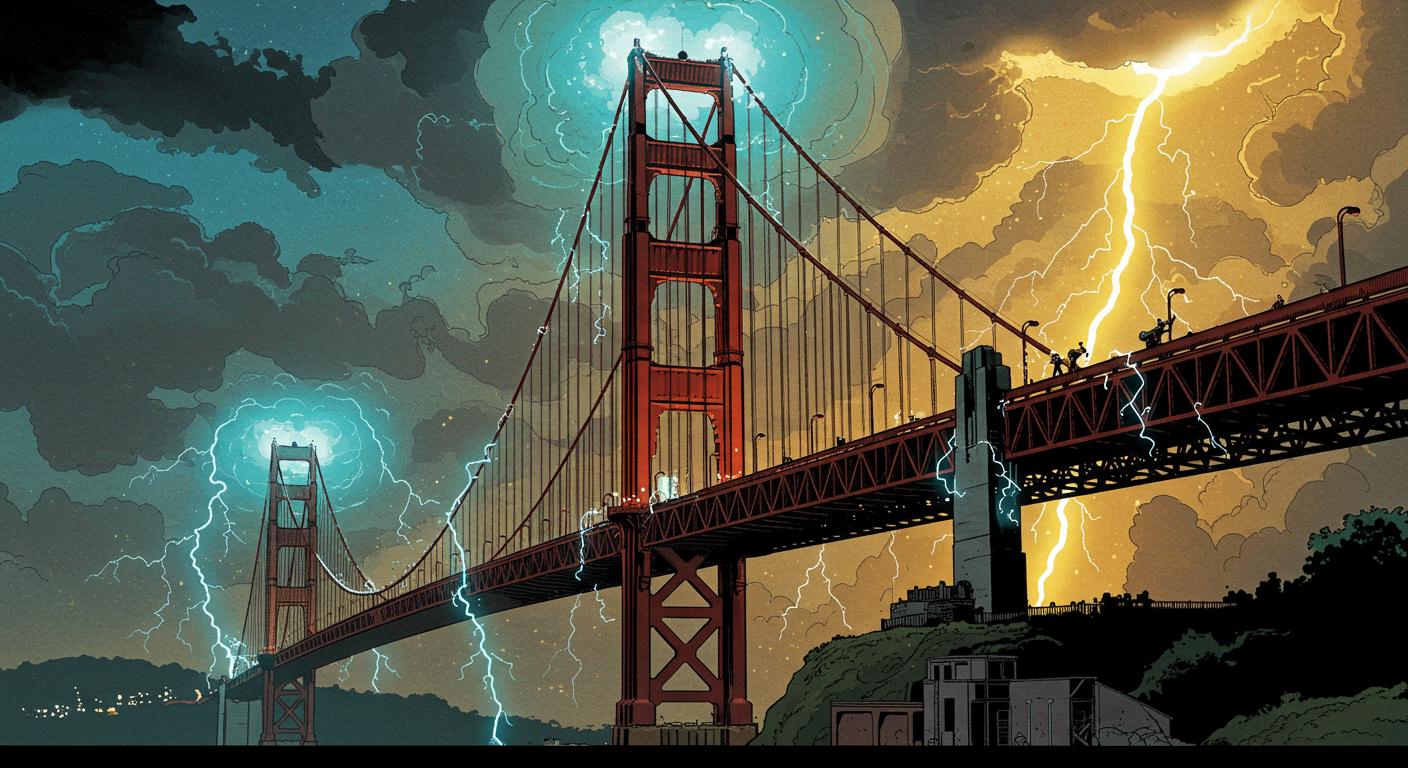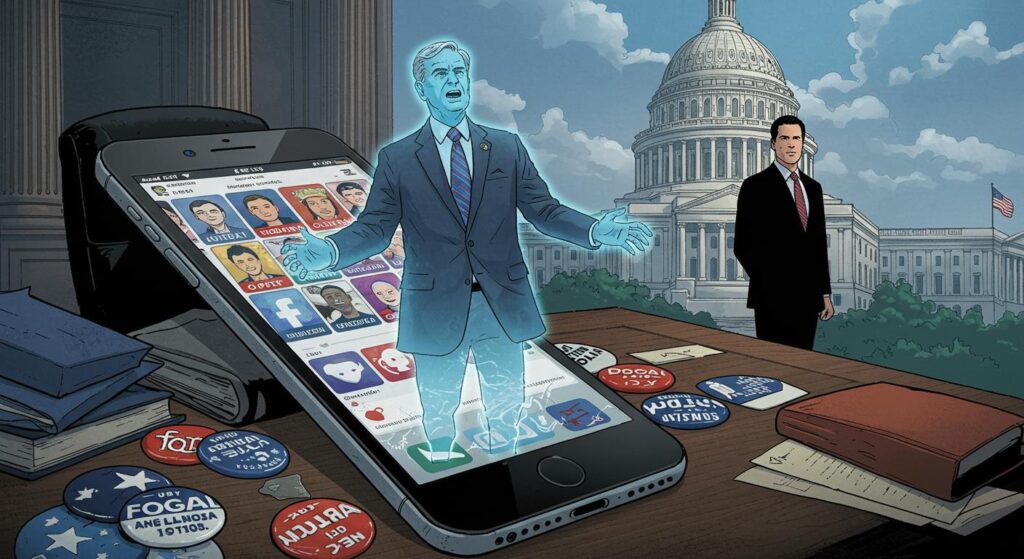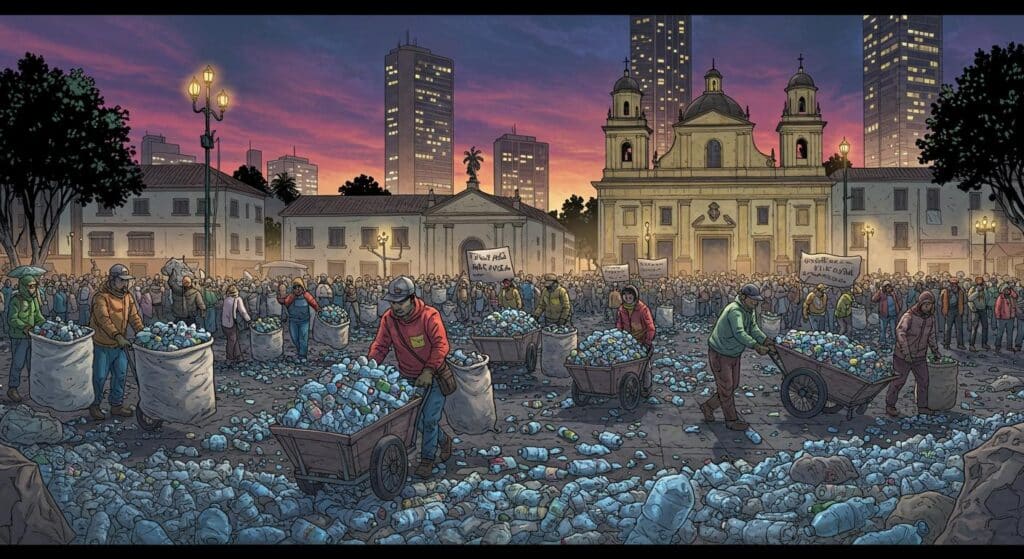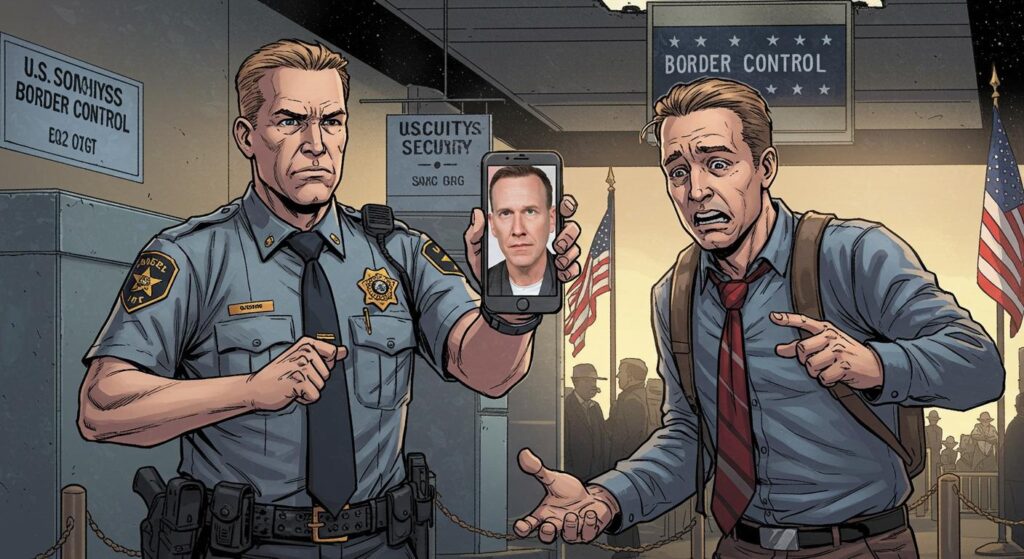If you’ve ever gazed up at the Golden Gate Bridge and wondered if it harbored opinions about workplace equity, recent developments suggest that isn’t such a far-fetched notion. As reported by The San Francisco Standard, the CEO overseeing the Golden Gate Bridge is urging the removal of agency policies that specifically discourage racism, sexual harassment, and implicit bias—not due to a reversal of values, but out of a concern that the bridge’s funding might be at risk for being, in today’s jargon, “too woke.”
A Bridge on Edge
The Standard details that Denis Mulligan, CEO of the Golden Gate Bridge, Highway and Transportation District, issued a memo on Friday recommending the rollback of a 2020 resolution condemning racism and promising a discrimination-free workplace. The resolution, adopted during the nationwide racial reckoning following the murder of George Floyd, includes anti-discrimination efforts focused on specific racial groups and diversity, equity, and inclusion (DEI) language—elements Mulligan believes could attract scrutiny from federal authorities. Without relaying the matter through legal counsel, Mulligan acted independently, citing a provision in federal law that might require agencies “promoting” DEI initiatives to return needed grant funds. The Standard also notes that Mulligan is advocating for the rescission of a 2023 agency procurement policy update that added “social equity” as an evaluative factor and for the revision of the 2024 strategic plan to scrub references to “implicit bias” and DEI priorities for underserved populations.
In the same report, Mulligan is quoted as saying, “Federal funds are vital for what we do, and we have an obligation to protect the bridge for future generations. So, we’re taking this action out of an abundance of caution.” The agency relies on a potential $400 million grant from the Federal Highway Administration this year, and Mulligan emphasized that any funding disruption could jeopardize a “tremendous number of jobs.”
Funding Fears and Policy Freeze
Bundling several developments together, The Standard describes how Mulligan’s memo advises against continued support for statements or strategies condemning racism or affirming workplace dignity, even while the district’s actual values, in his view, have not changed. The agency’s policies currently do not violate federal law or grant agreements, but the Trump administration’s recent moves to curtail DEI initiatives are already having a chilling effect, prompting leaders like Mulligan to act preemptively. The memo is due for discussion by the district’s board on Friday.
Earlier in the report, it’s mentioned that the 2024 strategic plan—now up for revision—aimed to prioritize equitable transit service and continued staff training on sexual harassment and implicit bias, and to complete the work of an advisory committee focused on DEI recommendations. Mulligan’s new direction calls for removing even the words “implicit bias” from official documents. The Standard points out that, from an administrative perspective, much of these statements are what one might call workplace basics: aspirational declarations of nondiscrimination and employee dignity.
Board Reactions: Cables Crossed
On the response front, The Standard also cites Supervisor Joel Engardio, who sits on the agency’s board, expressing surprise and disappointment upon learning about the proposed rollback. Engardio stated, “Rescinding resolutions that simply condemn racism and affirm dignity in the workplace would be deeply disappointing. These commitments aren’t political—they’re moral. The Golden Gate Bridge is a symbol of connection. Let’s not let it become a symbol of retreat.”
The outlet further observes that city officials across San Francisco are now quietly evaluating their DEI policies in anticipation of federal changes, even as many of these statements are neither controversial nor in violation of law. The Standard underscores the irony of a globally recognized bridge—meant to connect divergent shores—suddenly threatened by the rhetorical risk of too much inclusivity.
Is Bureaucratic Caution the Greatest Threat?
The scenario, as described by The Standard, brings a touch of dry absurdity: public servants anxiously going through strategic plans, on the lookout for language too enthusiastic about respect and inclusion, all for the sake of safeguarding infrastructure dollars. There’s something paradoxical here—a bridge built to withstand tempests and earthquakes, now treated as if a phrase like “implicit bias” could bring it crashing down.
The outlet also notes that these kinds of policy reviews aren’t limited to bridges; officials throughout San Francisco are reassessing DEI language out of fear of losing grant money should new federal rules be enforced harshly. It does make you wonder: Are we heading toward a reality where bridges, buses, and public parks must remain strictly silent about whether people deserve basic human respect, lest they lose their funding?
A Bridge’s Values Under Inspection
From the perspective of someone who enjoys the oddities of public policy, it’s hard to escape the humor in this latest twist. Picture it: engineers and administrators gathered, not to design a new suspension tower or reroute a transit line, but to painstakingly redact any hint that the bridge—like all of us—might prefer a safe and inclusive workplace. The Standard’s reporting frames it as both a sign of the times and a rather unique chapter in the annals of municipal anxiety.
So, is your local bridge too woke? Or is it simply trying to cross rough political waters without losing its footing—or, in this case, its funding? In the end, it appears even concrete and steel aren’t immune to the culture wars, and perhaps the most radical stance for infrastructure in 2025 is just quietly holding everything together.







